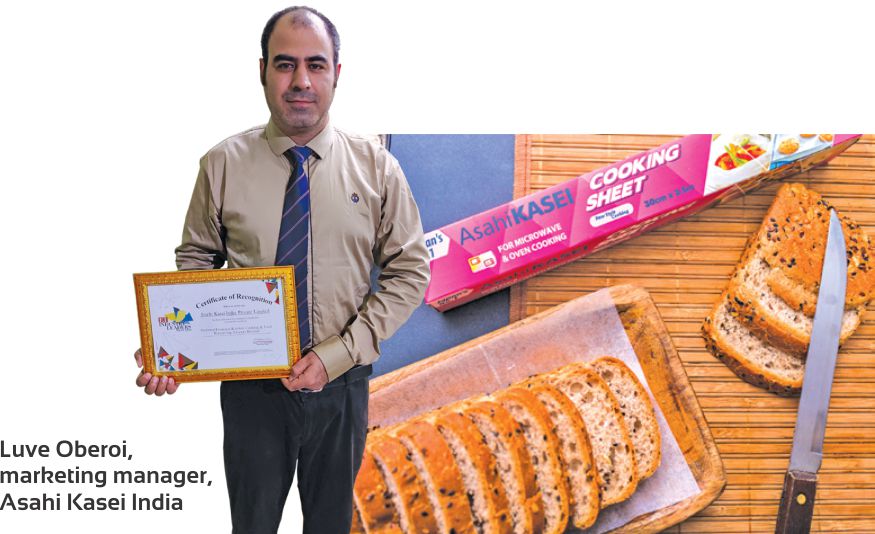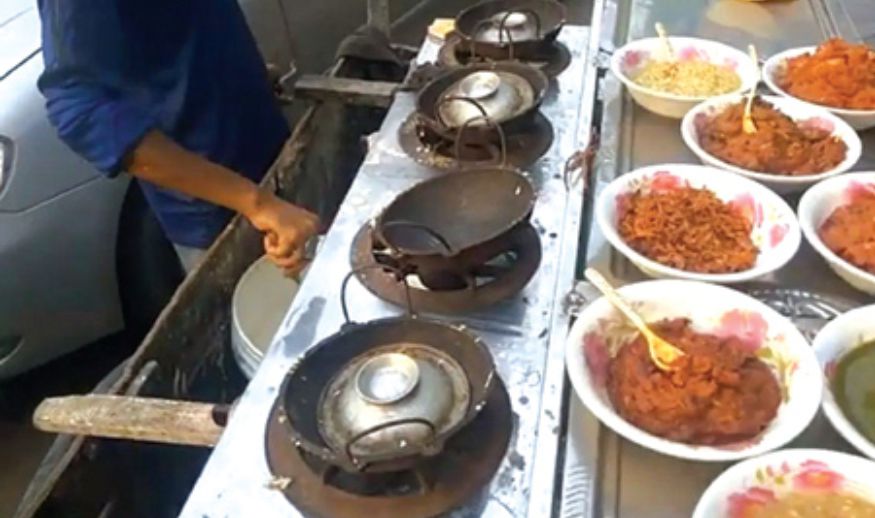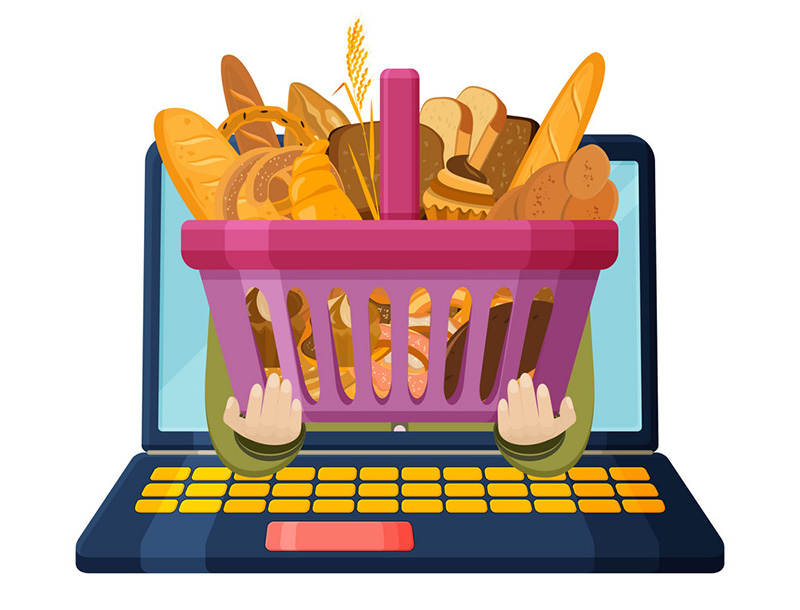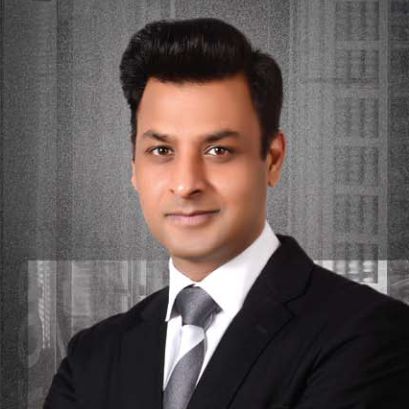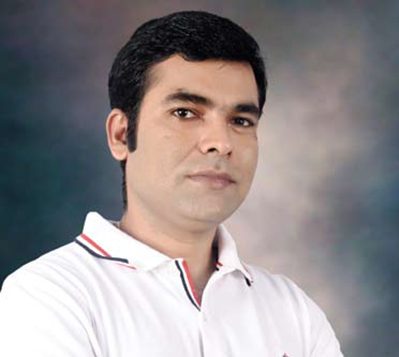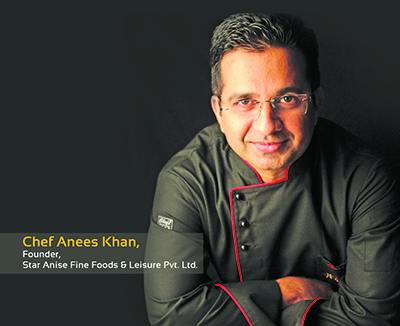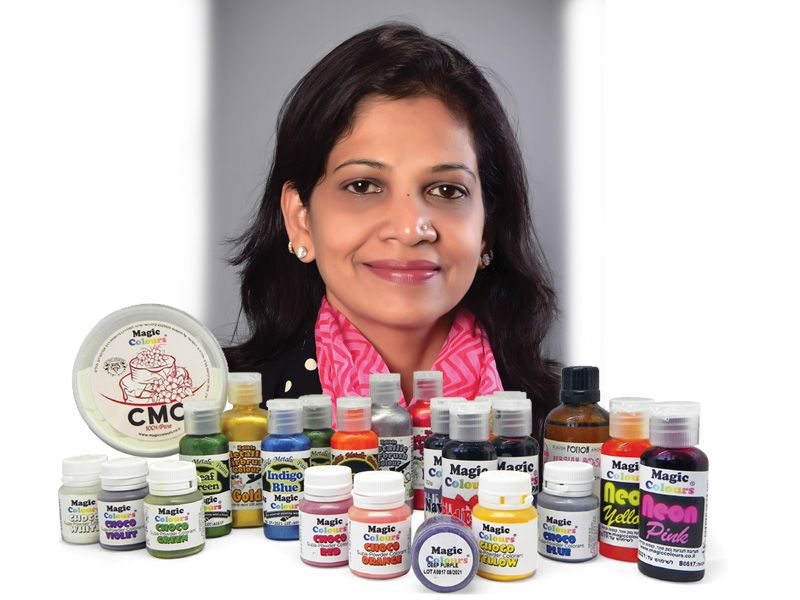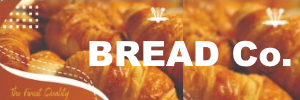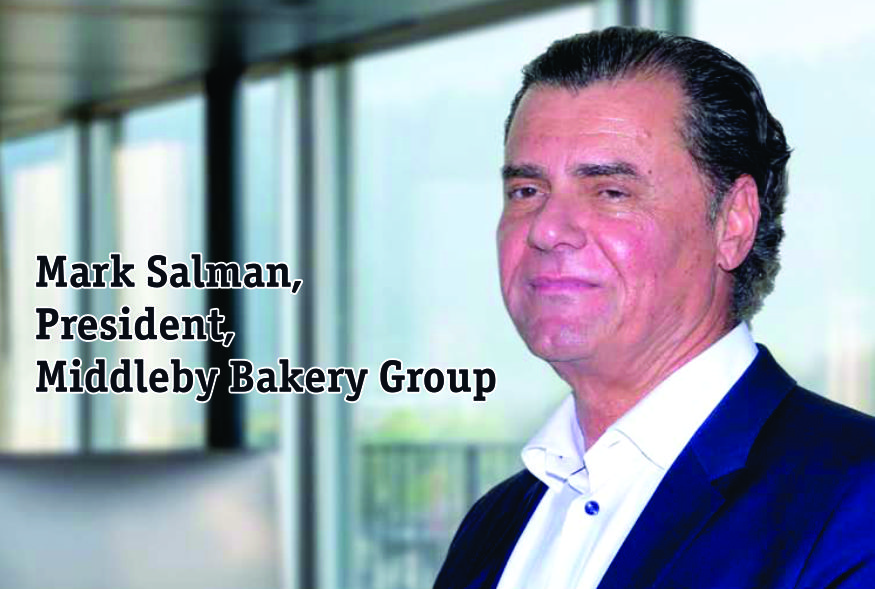
Mark Salman, President, Middleby Bakery Group, was in Bengaluru recently for the opening of the company’s ambitious manufacturing centre. He shares his views on the Indian market with Manoj John in an interview.
What is the place for India in your scheme of things?
Middleby believes that India is an important market that is undergoing change. Even though the change is not very fast, technology and capacity addition by manufacturers will be the driving forces for the market.
India has 1.2 billion people and even five per cent of it is a huge market. It was our chairman’s idea that we build our Bakery Innovation Centre in Asia. Our past business came mainly from the US and Europe but I would say our business for the next twenty or thirty years is going to come from the emerging markets in Asia. And India is an important market for us.
Bengaluru is a technology hub that harbours a lot of quality engineers. That makes that city an ideal place for us to be.
The world is turning into regional hubs. China, India and other emerging markets are important for us. We have a manufacturing centre in China too.
We have 35 quality engineers based out of India. The support our other bakery brands all around the world. They are always on the prowl to develop new products.
We are planning a series of seminars and training workshops. Soon, we will have 10-12 events in a year, aimed at the bakers, chefs, entrepreneurs and such other classes. We will also offer our industry partners such as, say, an ingredient manufacturing company, space to conduct events that help the industry grow. That is what we have been doing in the US. Ingredient companies are our best partners.
You have a large number of companies under the Middleby fold. There is often more than one company operating in the same space.
The Middleby Corporation owns more than 60 companies. It is true that we buy companies but we never sell them. We foster local talent to lead our brands. In food processing segment, we have 17 companies and six of them are in the bakery industry.
People ask us why you have several companies making the same product. Here we must understand that each of these companies is different from the others in its own right. Each company has its place in the market because different customers need different technologies. Some customers are used to a certain technology and they won’t shift to another. We offer different solutions to different customers. We have different companies in the same space so that a customer does not need to scout for different places to find out what suits him the best. It becomes easier for the customer to do business with us when we have multiple solutions under one roof. We are more focused on customer share than market share.
Each company is, at the same time, run independently. The leadership of each company knows what is in the best interest for the company and we do not micromanage their affairs. We would like to put it this way: Ours is a company of owners. Owners, operators, entrepreneurs—these are the guys who strive in our world. Our leaders behave like entrepreneurs. Middleby is all about ownership. We take ownership of what we do.
We have a customers using many of our brands under one roof. in Malaysia for instance where one of our customer has 3 separate lines from Auto-Bake, Stewart and Baker Thermal Solutions.
Is The Middleby Corporation planning tolist on any stock exchange in Asia?
The Middleby Corporation is listed on NASDAQ, and is trading at around $125 per share on the average. The company has a market capitalisation of over $7 billion on the stock market. It employs 8,000 people worldwide.
We are self-sufficient to fund our projects from our own reserves. We do not need to list on more stock exchanges to raise money. Middleby does not give dividend stocks and instead invest the money in our companies. Who else will invest millions of dollars in a manufacturing unit in India other than a company that is committed to grow? Spooner Vicars is welldisposed under the umbrella of Middleby because it gets all the resources it requires. It definitely offers Best in Class total equipment solutions to the Cookie, Biscuit and Cracker industry.
What is your view on frozen products?
I think frozen products are not meant for India in the near term. I mean at least for the next five to ten years, frozen products will not be a buzz in India. The cost of frozen products will remain higher in the country. First, there is a cost for frozen. Then there is a cost for keeping the product frozen while transit. Frozen products will cost at least 20 per cent more.
Manufacturing of frozen products need to be on a very large scale in order to be efficient. In developed markets such as Europe, the logistics for distributing frozen goods door-to-door is well-developed.
The logistics provider will be shipping all such products as meat, butter and frozen breads. The scale, capacity and the logistics are very important for frozen product manufacturing to succeed. We have more biscuits and cracker in the country because of their shelf life.
What is the future of automation in India?
Automation of bread slicers or wafers will be, for instance, more in demand than that of frozen stuff. Biscuit and crackers have already been automated in India but there are a lot of problems. Machines are old, lack efficiency and make more wastage.
People think labour is inexpensive in India but it is not. Quality labour comes with a price. And then there is an issue of consistency. There is going to be a preference for lower cost of ownership of equipment.
As the market matures and becomes more competitive, the industry will go for more automation. What is important is the cost of ownership for a customer. What does it mean? It means three elements. The first is the capital investment. We need to ensure that the customer makes a smart investment rather than purchase luxury.
The second element is the operating cost that factors in the energy, labor cost, wastage, maintenance cost, time it takes to get a line running and so on and so forth.
The third is the capacity utilisation. What capacity does a machine gives you and how flexible it is to get the maximum output from it. If you are able to offer a low cost of ownership, then you will be able to penetrate markets such as India.
Biscuits and crackers cannot have a small line in a mature market. India is a mature market. India has the best products, probably from the British influence. Biscuit and cracker industries cannot depend on hand-made products, and that is where we come in. We make large automated machines.
On the other side lie breads, buns, rolls and cakes. We have entry-level equipment for this industry. In nutshell, we serve the entire range of industries as far as baking is concerned. Earlier, our products had a price problem as far as Indian customers are concerned. Now that we are solely manufacturing in India, we will be able to sell our products in the Indian market at competitive prices. Earlier, the Spooner Vicar machines sold in India were coming from the UK. Now, we will manufacture and export from India itself.
CANADIAN CONNECT
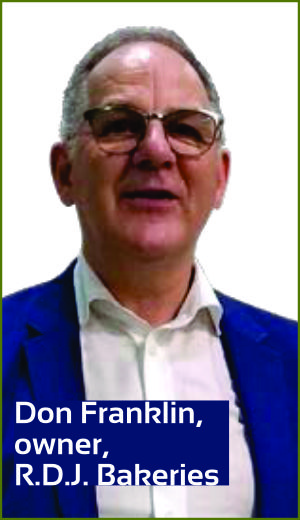
Canada’s R.D.J. Bakeries will connect four continents together when it installs a Spooner Vicars line made in Bengaluru, leaving only the Northern and Southern Poles out of its horizon. Manoj John checks out how.
Don Franklin is one of those European businessmen who are destined to make Prime Minister Narendra Modi’s Make-In-India dream come true, although he is little familiar with that ambitious campaign to woo the world’s manufacturers to make their products in India.
Franklin, the owner of Cambridge, Ontario-based R.D.J. Bakeries, went all the way to the UK to meet the operator of a Spooner Vicars machine when he heard the company will now be manufacturing in India. Franklin’s is a small-sized family-owned company, which would be passed on from generation to generation. A small oversight will upset the applecart forever, and he could not have afforded to make one. So he asked the operator myriad questions. And he learnt that the machines manufactured in India will be as reliable as the one’s made elsewhere.
A few months later, he was in India for the inauguration of Spooner Vicars’ manufacturing centre in Bengaluru. “The productis consistent,” he said about the biscuits being rolled out of the test line erected at the Middleby Bakery Innovation Centre in Bengaluru, which will manufacture and supply baking equipment to customers all over the world.
Franklin had earlier examined Spooner Vicars lines from factories around the world. In one line, one or two component came from the UK and the rest from India. A couple of other lines had all components made in India. “The machines are very competitive. Very smart machines,” said Franklin.
R.D.J. Bakeries uses raw materials and packaging materials from the Americas and Africa. The machinery will now come from Asia. And the shipment will head for Europe and Australia, fomenting a definite connect with all continents inhabited by the human race.
“They are good people to work with. I don’t have a project engineer, and I don’t have a lead engineer. I use their resources when I need to demonstrate the lines before my customers. I use their expertise. And they give what I need. For a small company like mine, they add value to my business,” said Franklin.
The company manufactures for its industrial customers and does not have a brand of its own. The company manufactures only crackers for its customers worldwide. “We make only crackers and not cookies. There is too much competition in cookies and we want to stay focused on crackers,” said Franklin. As much as 95 per cent of its products are exported to the US, UK, mainland Europe and Australia.
Even as he is enchanted by the lines produced in India, Franklin is not yet ready to look at the country as a market. “If we were given an opportunity to ship our products to India, it will be an incredible opportunity. But there are several deterrents for us at the moment. Freight cost is a major hindrance for us to expand into the Indian market. Unit cost will increase many-fold. So we will stay based in Canada for the time being,” he said, adding that the pricing in India is low as compared to the West.
R.D.J. Bakeries make GMO-free products and organic products too. “Our products have a long shelf life of around nine months. We make low-risk products. And we do not advertise,” concludes Franklin.



